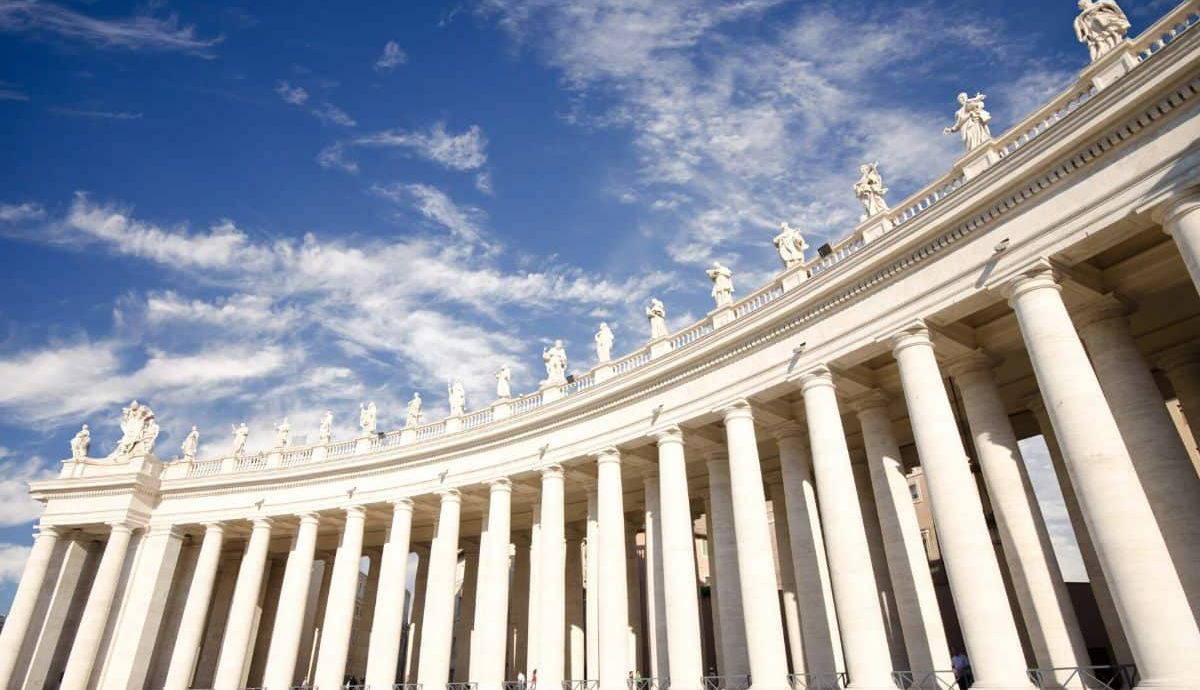
Pope Francis promised to donate the Vatican Museum’s three remaining Parthenon Marble pieces. Parthenon marbles date from the 5th century BCE. They also adorned the Acropolis of Athens. The action will probably put more pressure on cultural institutions. This especially includes the ones still apprehensive about parting with their personal collections of the disputed sculptures.
Pope Francis’ Decision Puts Pressure on The British Museum

The fragments, depicting the head of a horse, boy and man, have been in the Vatican’s collection since the 19th century. In 2008, the Vatican loaned one of the pieces to Greece for a year. Now, Pope Francis will give all three to Archbishop Ieronymos II. He is a head of the Greek Orthodox Church.
One of the highest-profile returns of the 2,500-year-old sculptures to their place of origin occurred with this “donation.” This move is likely to add pressure on the British Museum. The museum refused to repatriate its own collection of the Parthenon sculptures. So called Elgin Marbles, they were removed from Greece in 1801.

Greek’s Ministry of Culture and Sports expressed gratitude for Pope Francis’ return of the fragments. The ministry said the Vatican’s decision is a sign of support for Greece. Greece is trying to reunify the British Museum’s collection with fragments held in the Acropolis Museum.
Earlier this month, a Greek official held talks with the British Museum to negotiate the repatriation of the Parthenon fragments. The museum said that while it’s seeking a new and positive partnership with Greece, the objects likely won’t be returning anytime soon. “We operate within the law. We’re not going to dismantle our great collection as it tells a unique story of our common humanity”, said The British Museum.
Sculptures are “donation” not a “compensation”

The ruins of a collection of marble relief panels make up the Parthenon Sculptures. Also, on the Acropolis in Athens, there are pedimental sculptures that came from the temple of Athena’s exterior walls. The Acropolis provided around half of the remaining sculptured ornamentation.
There are further pieces of the original frieze spread throughout European museums. But, they are slowly returning to Greece. Italy declared in May that a piece of the Parthenon’s eastern frieze, that was on loan from a Sicilian museum, will remain in Athens. There is also an artifact showing the goddess Artemis’s foot poking out from a tunic.

It found its way back home as part of a four-year loan agreement. This agreement is Greece and the Antonio Salinas Archaeological Museum in Palermo. Greece’s Culture Ministry praised the Pope Francis’ decision. In its statement, the Vatican made clear that this was a gift to the Greek Orthodox Church, and not a payment of compensation to Greece. With this, Pope Francis and the Vatican wanted to avoid formal requests for the return of their artifacts, from other colonized countries.










